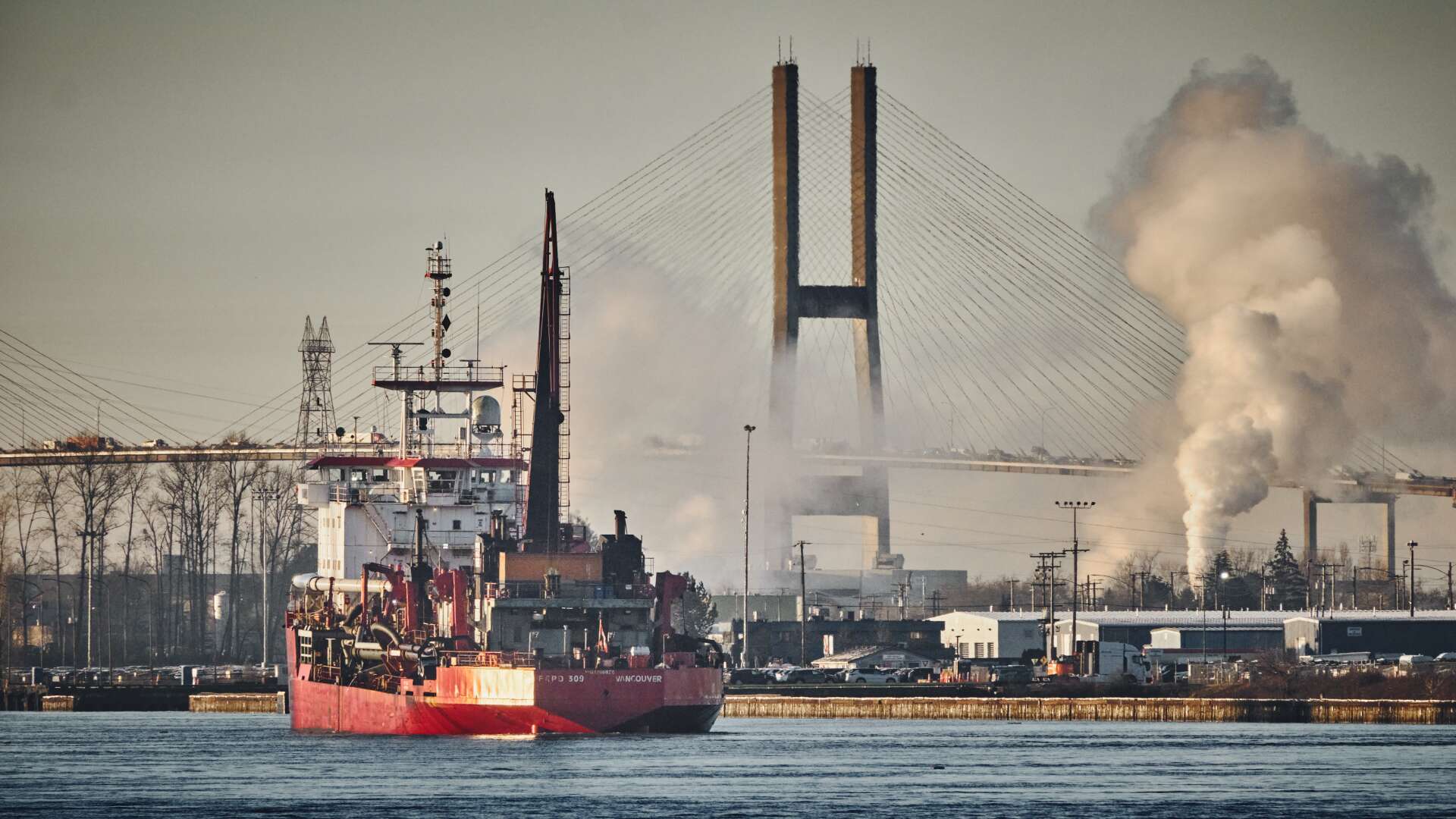Last week the mayor of the City of Richmond issued a controversial letter regarding the landmark August 2025 Cowichan Tribes decision.
The letter, which was hand-delivered to 150 property owners, invites residents to an information session on October 28th to learn about how the decision could affect the rights of private landowners in Richmond.
Since then, numerous statements have been made by representatives for the City, the provincial government, and the public highlighting concerns that the Cowichan Tribes decision could jeopardize property rights.
Unfortunately, much of the rhetoric is based on misunderstandings about the nature of Aboriginal title and scope of the decision itself. Below, we attempt to correct some of those misconceptions.
Aboriginal title and fee simple can coexist on the same piece of land
Comments from the City and the Province which suggest that Aboriginal title and fee simple interests are mutually exclusive overlook the fact that such interests can, and do, coexist with respect to the same parcels of land.
One needs only to look at the recent Gaayhllxid/Gíihlagalgang “Rising Tide” Haida Title Lands Agreement – signed by the Province and the Haida Nation in 2024 – for an example of how Aboriginal title and private property interests can exist contemporaneously over the same lands.
Fee simple grants cannot extinguish Aboriginal title
No Canadian court has found that Aboriginal title can be extinguished or otherwise displaced by private landownership.
In Cowichan Tribes, the Court followed established law and rejected the City’s argument that the existence of fee simple interests had the effect of extinguishing Cowichan’s Aboriginal title.
The Cowichan did not seek to displace private landowners
The Cowichan Tribes decision is unequivocal. The only lands which the Cowichan sought to be returned are the lands which are held in fee simple by Richmond, Canada and the Port Authority.
The Court held those titles are legally invalid not because Aboriginal title automatically cancels out the interests of private landowners, but because they were derived from unlawful Crown grants which unjustifiably infringed Cowichan Aboriginal title.
It is unknown at this time how a court would address the question of whether a private landowner can be forced to return lands which are subject to Aboriginal title. What is known is that the Cowichan Tribes decision does not invalidate the ownership of any individual landowners in Richmond.
The Province has been aware of the issue of unresolved Aboriginal title for decades
Comments from provincial and municipal representatives which suggest the Cowichan Tribes decision has plunged the province into a state of uncertainty are disingenuous.
The Crown has been on notice for decades that the issue of Indigenous land rights in British Columbia must be resolved. The Supreme Court of Canada has repeatedly advised Canada and the Province to engage in good faith negotiations with Indigenous groups to address this issue.
With limited exceptions, governments have consistently failed to enter into agreements which provide for the meaningful recognition of Aboriginal title. In light of this, it should not be surprising that Cowichan sought, and obtained, such recognition through the courts.
There is a clear path forward
The current state of uncertainty over land rights is the result of inaction on the part of the Crown, not the Cowichan Tribes decision itself.
The Court in Cowichan Tribes called on the Province to enter into good faith negotiations with the Cowichan to reconcile the existence of third-party interests with Cowichan’s Aboriginal title in a manner consistent with the honour of the Crown.
Aboriginal title exists as a concept in Canadian law by virtue of the fact that Indigenous peoples lived on these lands long before the arrival of Europeans. It will not go away.
The fact that the Cowichan Tribes decision raises issues which are challenging, inconvenient, and politically charged should not be used as an excuse to deviate from the Province’s repeated public commitments to reconciliation, nor does it justify the continued denial of the existence of the Cowichan’s constitutionally protected rights to their traditional lands.

Photo: John Grantham
Kate Gunn is partner at First Peoples Law LLP. Kate completed her Master of Law at the University of British Columbia. Kate is co-author of Indigenous Peoples and the Law in Canada: Cases and Commentary.
Contact Kate and connect with her on LinkedIn.
First Peoples Law is a law firm dedicated to defending and advancing the rights of Indigenous Peoples in Canada. We work closely with First Nations to defend their Aboriginal title, rights and Treaty rights, uphold their Indigenous laws and governance and ensure economic prosperity for their members.
Sign up for our First Peoples Law Report for your latest news on Indigenous rights
